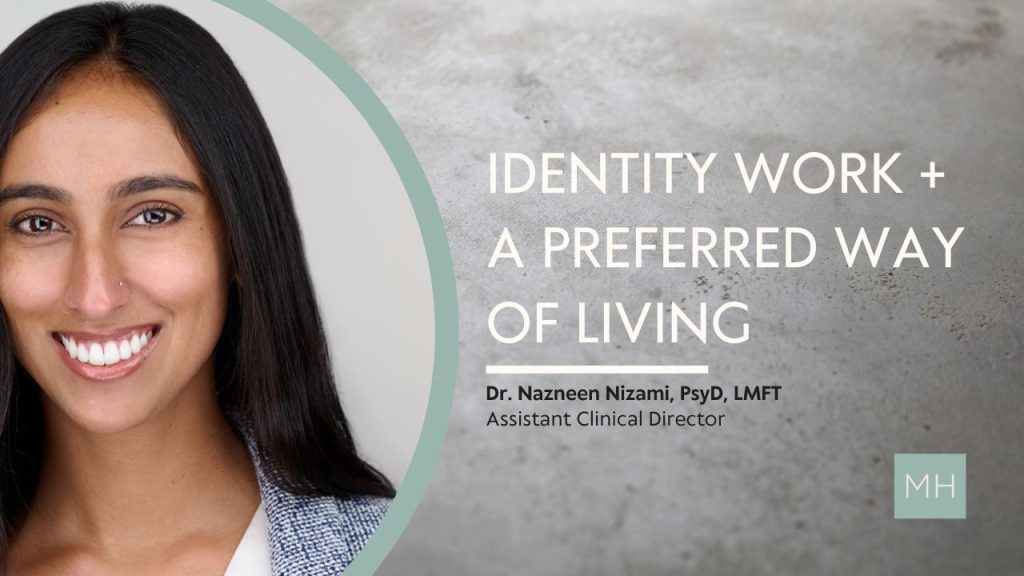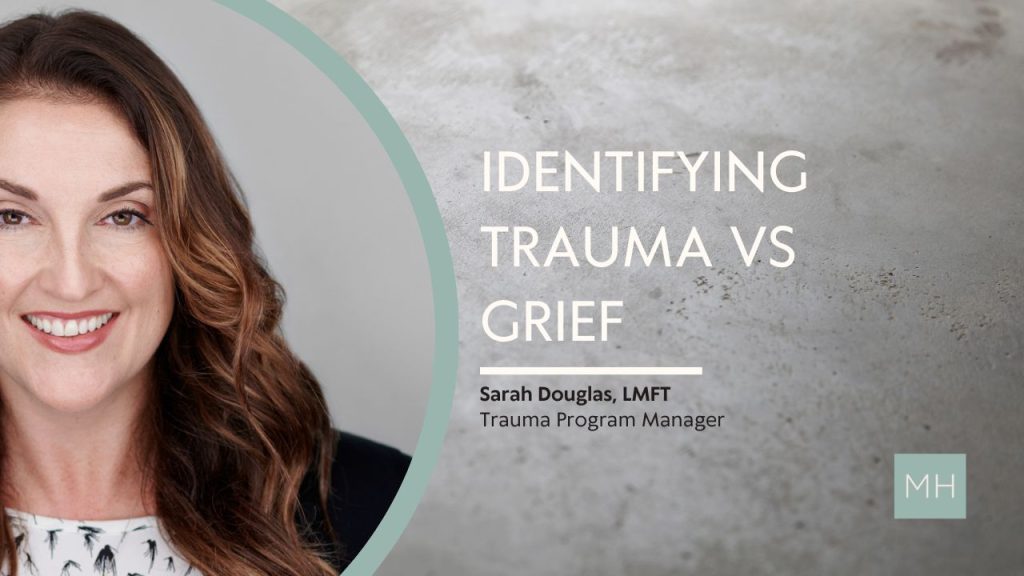AN INTERVIEW WITH DR. KRISTEN ZALESKI, PHD, LCSW | CHIEF CLINICAL OFFICER
OUR EVOLUTION OF CLINICAL SOPHISTICATION 2025
HOW HAS THE MENTAL HEALTH COLLECTIVE EVOLED THIS PAST YEAR?
So The Mental Health Collective this year has been really fun. It continues to drive down the sophistication road and we are doing incredible things really with the holistic lens. First thing we’re doing is we now have a dietician that’s meeting with every single client. And our dietician not only supports nutritional goals, but helps with like in the case of psychotic disorders or mania, really helping taking a close look at how food and lifestyle interact with nervous system and thought disorders and helping clients take control in ways that they haven’t always felt like they could take control. We have a wonderful medical director, Dr. David Safani. He hired Dr. Motakef. The two of them together work really well together and form great relationships with our clients. We’ve seen their level of expertise bring our psychiatry service up.
HOW DOES THE TEAM CONTINUE TO MEET TO EVOLING NEEDS OF CLIENTS?
Theoretically, there continues to be innovation on psychology and how we sort of meet clients’ needs. So for example, we have our entire staff train now on holographic reprocessing, which is an intervention that was originally created for trauma, but now we’re seeing it really expand into all lifestyle and wellness forms and how we see ourself develop in the world. IFS, Internal Family Systems, is an up and coming intervention that is hard to be trained in and we’ve really focused on trying to help our team understand the concepts of that and integrate that both in group and individual work.
HOW HAVE CONCEPTS CHANGED FROM GRADUATE LEARNING COMPARED TO THE WORK BEING PRACTICED AT THE MENTAL HEALTH COLLECTIVE TODAY?
We’ve had some trainers on LGBT affirmative work, Trans affirmative work, Neurodivergent affirming therapies and shifting the paradigm that I think graduate school taught us to be really in sort of binary models of male, female, neurotypical or you know, disability and really challenging everyone to think beyond what is binary, to what is diverse. Diversity makes us stronger and of course our brain and our body, every individual is diverse. So now we have all of these therapy practices and modalities and we get to know the client sitting in front of us and help cater treatment to what they need. Whether that’s neurodiverse in their thinking, non-binary in their presentation, or struggling with sort of complex trauma. We are now able to sort of figure out and untangle a lot of these pieces and help clients truly holistically. And it’s been really fun to do and watch this year emerge in that way.
DO YOU HAVE A QUESTION?
Send our team a message or call 888.717.9355

